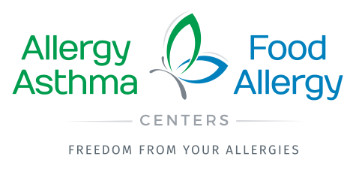On March 4, 2020 the U.S. Food & Drug Administration (FDA) decided to add a “Boxed Warning” to the oral medication montelukast (brand name, Singulair) due to an elevated concern regarding the risk of neuropsychiatric events, including suicidal thoughts and actions. Because of this new warning, the FDA is now recommending that montelukast only be used to treat patients with allergic rhinitis and asthma that do not tolerate or do not respond to alternative medications.
Montelukast is a leukotriene receptor antagonist that has been used to treat patients with asthma, allergic rhinitis and other conditions such as chronic urticaria (hives) since the drug was approved in the U.S. in 1998. There were no major reported safety concerns with this drug until 2007, when the manufacturer of Singulair updated the prescribing information and patient information to include post-marketing adverse events such as behavior/mood changes (i.e. agitation, anxiety, depression) and suicidality (suicidal thinking and behavior).
Data collected by the FDA between 1998 and 2019 through their Adverse Event Reporting System identified 82 cases of completed suicide in patients taking montelukast, with 19 cases in patients under age 18. Interestingly, further data from the FDA’s Sentinel System collected between 2010 and 2015 did not show an increased risk of neuropsychiatric events in approximately 450,000 asthmatics older than age 6 taking montelukast vs. inhaled corticosteroids. Other observational studies also did not find an increased risk of mental health side effects. That being said, the reports of suicide along with evidence that montelukast crosses the blood-brain barrier in animal models persuaded the FDA to strengthen their warning.
Our medical providers at Allergy, Asthma & Food Allergy Centers are dedicated to providing the best possible treatment options for our patients while also keeping their safety in mind. Although the overall prevalence of severe neuropsychiatric events including suicide appears to be extremely low given the number of patients in the U.S. taking montelukast, we understand that our patients and caregivers may be hesitant to start or continue taking this medication. If you are already taking this medication it is safe to stop immediately, if you are not comfortable continuing it. However, we strongly advise that you contact our office to schedule an appointment to discuss alternative treatment options. As with any medication, either prescription or over-the-counter, we are more than happy to discuss the risks and benefits with you. If you are not having any problems while on montelukast, it is likely safe to continue the medication.
